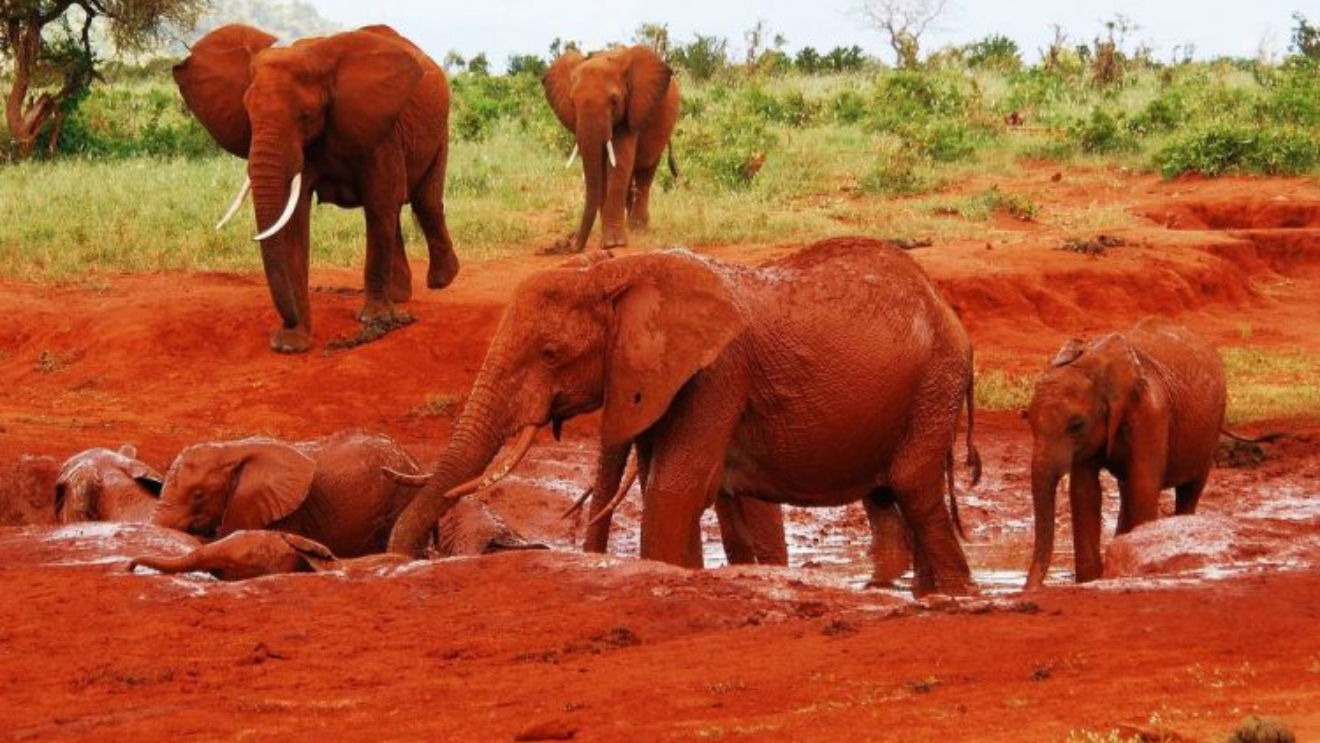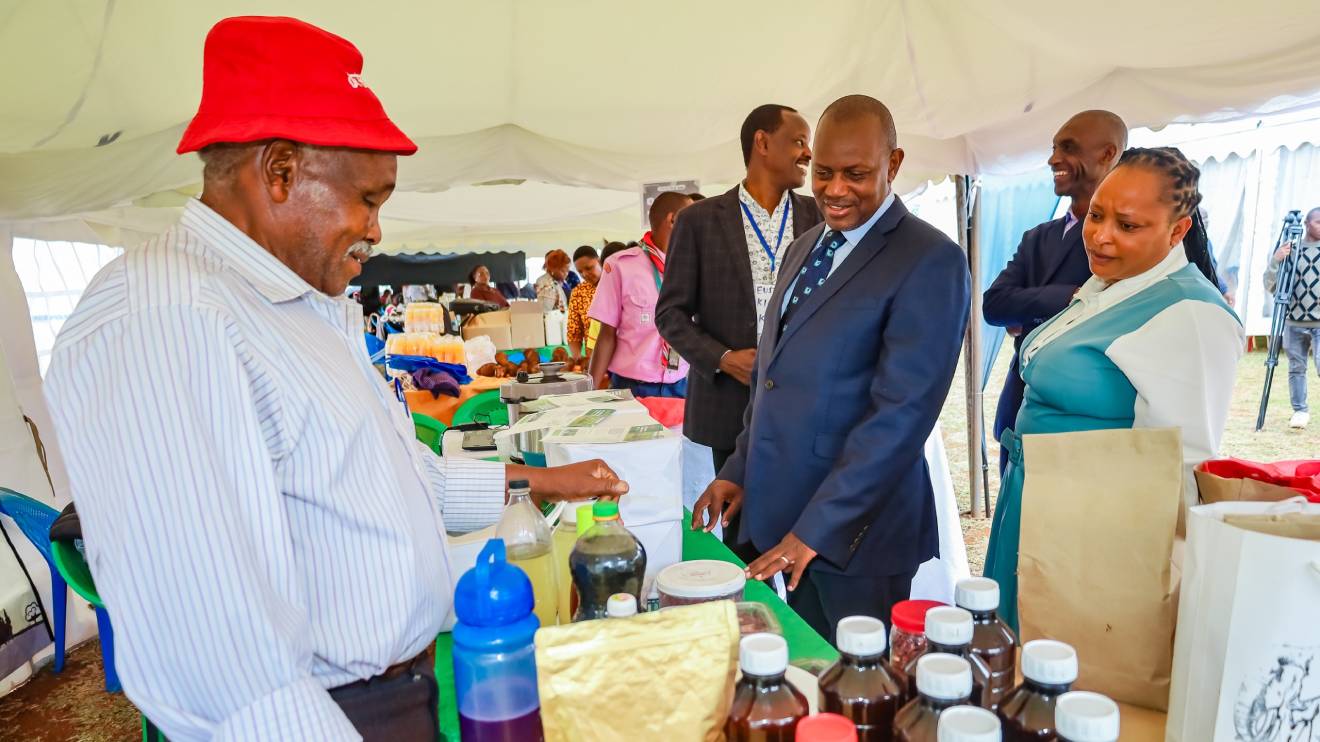Safaricom, the prominent telecommunications giant, has lodged an appeal against the recent ruling in the prolonged legal battle with artist Simon Kimani a.k.a. Bamboo over copyright infringement.
The company asserts that the court misunderstood the crux of the issue and points to a lack of substantial evidence in the case.
The ruling by Justice Asenath Ongeri, which awarded Bamboo a compensation of Sh4.5 million, is under contention.
At the heart of the matter is Safaricom's unauthorised use of three of Bamboo's songs – 'Mama Africa', 'Yes Indeed', and 'Move On' – as Skiza callback tunes.
In response to the court's ruling, Safaricom swiftly secured stay orders, effectively suspending the decision and allowing the company to challenge the verdict.
Read More
Safaricom, represented by the law firm of Prof. Musili Wambua & Co. Advocates, argues that the central focus should have been on determining whether Bamboo held the copyright for the three musical compositions.
The company asserts that Justice Ongeri deviated from this primary question by introducing an alternate issue – whether Bamboo's copyright was violated.
Safaricom maintains that the court failed to distinguish between the concepts of authorship and ownership within the context of copyright law.
In their grounds of appeal, Safaricom states, "The judge erred in analysing the submissions and authorities cited by Bamboo in a lopsided manner while disregarding those cited by Safaricom."
The company also highlights the court's inadequate treatment of the matter of indemnity and the third-party claim that was presented during the proceedings.
Safaricom had contended that it was shielded from such claims due to indemnification by the companies responsible for supplying the musical compositions.
These companies, co-defendants in the case, were believed to have absolved Safaricom from any liability.
Safaricom further asserts that the High Court Judge reached a conclusion of copyright infringement liability without sufficient concrete evidence.
The company maintains that the decision to award Bamboo Sh4.5 million in general damages was misguided, as there was no tangible evidence presented in court to substantiate any loss suffered by Bamboo.
Safaricom's in-house Counsel, Daniel Ndaba, stated in a supporting affidavit that the court adopted a "narrow interpretation of the law and the evidence adduced in court."
Ndaba emphasised that Safaricom is ready to provide appropriate security as collateral while awaiting the final decision of the appeal.
As this legal battle continues, the outcome has far-reaching implications for copyright enforcement and protection in the realm of intellectual property rights.
The case prompts a closer examination of the intricate relationship between authorship, ownership, and liability within the scope of copyright law.










